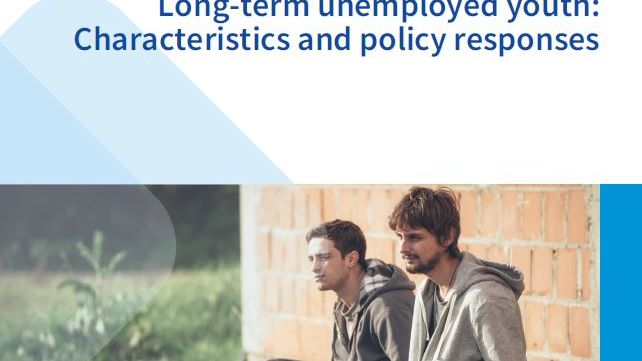
News -
Cyprus taking steps to improve education and employment opportunities of young people
As Cyprus celebrates Independence Day, we mark the occasion by sharing our research data, findings and analysis to provide a snapshot of living and working conditions in Cyprus.
Eurofound has been monitoring and reporting on living and working conditions in Cyprus, in comparison to the other EU Member States, since before its accession to the EU.
Since the economic crisis, Cyprus has experienced comparatively slow economic growth, with GDP increasing by just 2.3% between 2012 and 2017, compared to the EU average of 7.4% for this period. During this time, total unemployment decreased from 11.9% to reach 11.1% in 2017. The situation for young people has been more difficult, with a youth unemployment rate of 34.7% in 2017, a drop of just 0.6% from 2012.
The proportion of young people not in employment, education or training remains one of the highest across the EU. However, within this group, the proportion who have completed post-secondary education is almost one in three – higher than the EU average.
Significant steps are being taken to improve the social and economic situation of young people. The Head of the European Commission Representation in Cyprus recently highlighted that Cyprus is utilising funds obtained from the European Social Fund to reinforce social cohesion, improve the efficiency of the social system and strengthen youth employment.
Progress has been made in this respect, with 79% of recent graduates in Cyprus in employment, still below the target of 82%, but an increase of 17% since 2013. Overall, youth unemployment has seen a significant drop to 16.6% as of June 2019.
There has also been success in terms of reducing the gender pay gap, narrowing from 19.5% in 2008 to 15.8% in 2013. Furthermore, the female employment rate has increased from 66.9% in 2012 to 69.2% in 2017.
Despite a decrease in life satisfaction in recent years, self-reported health among people in Cyprus is high, with 42% reporting ‘very good’ health in 2016, which is significantly higher than the EU average of 24%.
Although high youth unemployment and comparatively slow economic growth pose considerable challenges for Cyprus, over 50% feel optimistic for their future and a third believe the economic situation will improve over the next year.
See more of Eurofound’s research data and analysis of Cyprus here.



